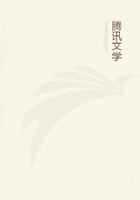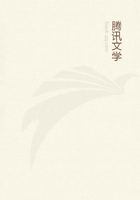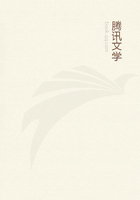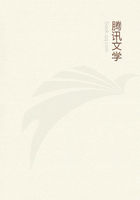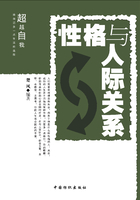The refutation which depends upon the consequent arises because people suppose that the relation of consequence is convertible.For whenever, suppose A is, B necessarily is, they then suppose also that if B is, A necessarily is.This is also the source of the deceptions that attend opinions based on sense-perception.For people often suppose bile to be honey because honey is attended by a yellow colour: also, since after rain the ground is wet in consequence, we suppose that if the ground is wet, it has been raining; whereas that does not necessarily follow.In rhetoric proofs from signs are based on consequences.For when rhetoricians wish to show that a man is an adulterer, they take hold of some consequence of an adulterous life, viz.that the man is smartly dressed, or that he is observed to wander about at night.There are, however, many people of whom these things are true, while the charge in question is untrue.It happens like this also in real reasoning;e.g.Melissus' argument, that the universe is eternal, assumes that the universe has not come to be (for from what is not nothing could possibly come to be) and that what has come to be has done so from a first beginning.If, therefore, the universe has not come to be, it has no first beginning, and is therefore eternal.But this does not necessarily follow: for even if what has come to be always has a first beginning, it does not also follow that what has a first beginning has come to be; any more than it follows that if a man in a fever be hot, a man who is hot must be in a fever.
The refutation which depends upon treating as cause what is not a cause, occurs whenever what is not a cause is inserted in the argument, as though the refutation depended upon it.This kind of thing happens in arguments that reason ad impossible: for in these we are bound to demolish one of the premisses.If, then, the false cause be reckoned in among the questions that are necessary to establish the resulting impossibility, it will often be thought that the refutation depends upon it, e.g.in the proof that the 'soul'
and 'life' are not the same: for if coming-to-be be contrary to perishing, then a particular form of perishing will have a particular form of coming-to-be as its contrary: now death is a particular form of perishing and is contrary to life: life, therefore, is a coming to-be, and to live is to come-to-be.But this is impossible: accordingly, the 'soul' and 'life' are not the same.Now this is not proved: for the impossibility results all the same, even if one does not say that life is the same as the soul, but merely says that life is contrary to death, which is a form of perishing, and that perishing has 'coming-to-be' as its contrary.Arguments of that kind, then, though not inconclusive absolutely, are inconclusive in relation to the proposed conclusion.Also even the questioners themselves often fail quite as much to see a point of that kind.
Such, then, are the arguments that depend upon the consequent and upon false cause.Those that depend upon the making of two questions into one occur whenever the plurality is undetected and a single answer is returned as if to a single question.Now, in some cases, it is easy to see that there is more than one, and that an answer is not to be given, e.g.'Does the earth consist of sea, or the sky?' But in some cases it is less easy, and then people treat the question as one, and either confess their defeat by failing to answer the question, or are exposed to an apparent refutation.Thus 'Is A and is B a man?' 'Yes.' 'Then if any one hits A and B, he will strike a man' (singular),'not men' (plural).Or again, where part is good and part bad, 'is the whole good or bad?' For whichever he says, it is possible that he might be thought to expose himself to an apparent refutation or to make an apparently false statement: for to say that something is good which is not good, or not good which is good, is to make a false statement.Sometimes, however, additional premisses may actually give rise to a genuine refutation; e.g.suppose a man were to grant that the descriptions 'white' and 'naked' and 'blind'
apply to one thing and to a number of things in a like sense.For if 'blind' describes a thing that cannot see though nature designed it to see, it will also describe things that cannot see though nature designed them to do so.Whenever, then, one thing can see while another cannot, they will either both be able to see or else both be blind; which is impossible.

